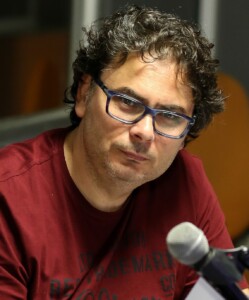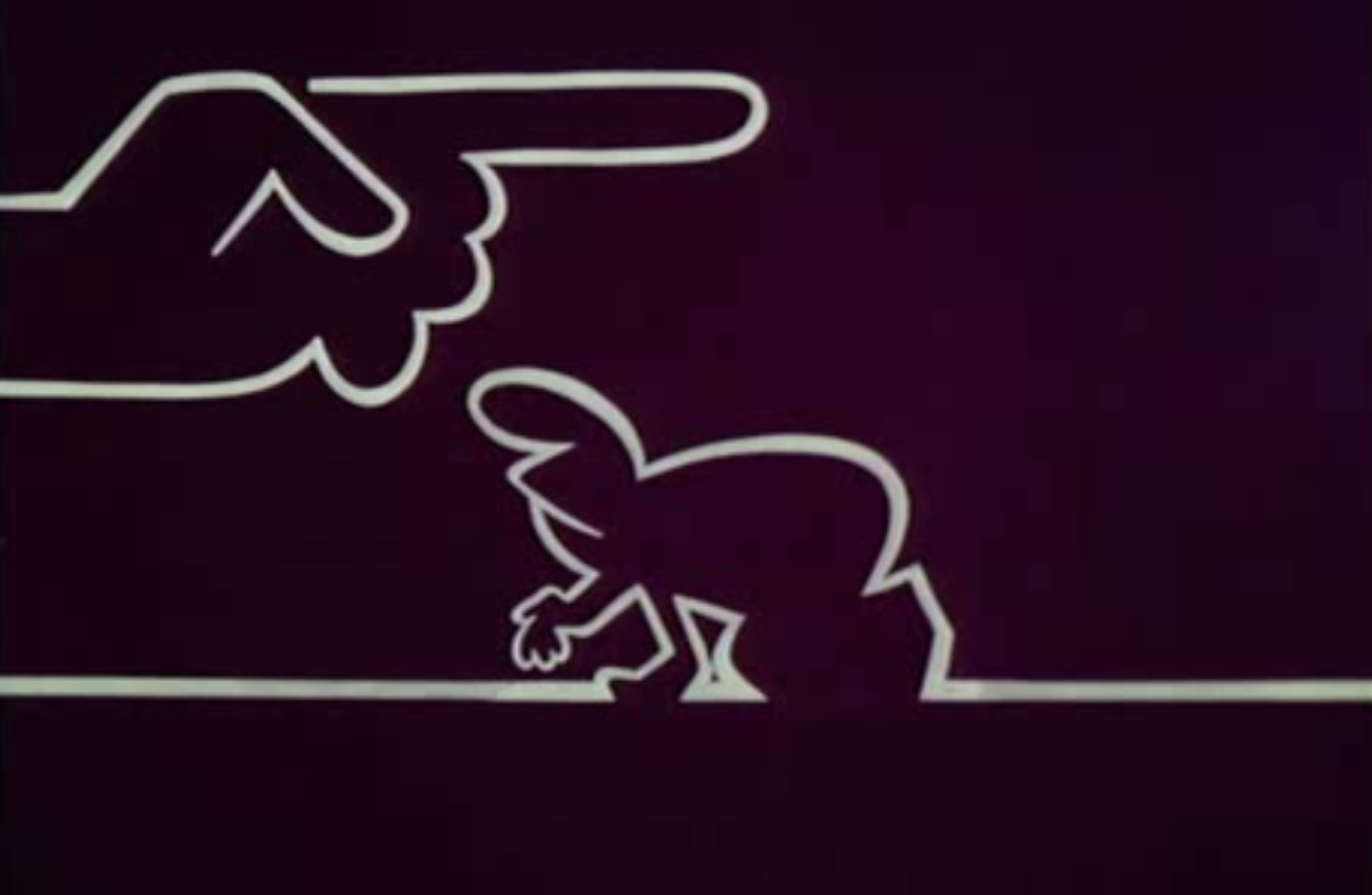Without any doubt it is possible that the politics buys, uses or requests humor, but this is possible only with the agreement of the artists, who by moving out of his rebellious nature accepts to become conformative.

Altin Basha
The history of humor is inextricably linked to politics.
From the legendary creations of Aristophanes to today’s memes in social media, the named relation seems like a love-hate relationship.
“The Knights” of Aristophanes would be enough for the audience to understand the manipulative nature of the politics, or Chaplin’s movie “The Great Dictator” to understand the extremes where the delirium of power could bring you. In general, satire and humor have served as a very effective tool for artists and society to get free from the fear of tyranny.
Humor has used politics as a primary material. On the other hand, politics knowing the power of humor has tried to transform it into a propaganda od marketing tool.
But how comes that these two products of the human activity, which at first sight seem so incompatible, to flirt with each other?
The power of politics it gives you the opportunity to be in charge of a whole society, but ironically this cannot dominate the power of humor and satire.
That is why the politics buys the humor, or uses it violently, as for example in cases of dictatorships when the political opponents are satirized: Ballists who were eating chicken, revisionists who had two faces, imperialists tho were ugly and greedy, Chinese who were all deceitful.
But not only in dictatorships, also in democracy there are cases when political leaders appeared in public activities with their own imitators (George Bush, Barack Obama), and publically accepted the ridiculousness that the humorists made out of them. In our own local experience, at the beginning of democracy in the 90’s we have cases when the humorist was threatened with their life just because of imitating the leader, as it happened in Albania in the ‘90s when mocking Sali Berisha was considered as a social blasphemy.
Pragmatic politicians as the Prime Minister Edi Rama, in order to amortize the public hit by humor, they try to make out of it an ally. By sharing and promoting the humor that is made out of him, Rama leaves the impression that for him the satire is not a big problem and creates an illusion that mocking with the figure of Prime Minister is a deal among gentlemen.
Without any doubt it is possible that the politics buys, uses or requests humor, but this is possible only with the agreement of the artists, who by moving out of his rebellious nature accepts to become conformative. This happens more often in totalitarian societies, but also in authoritative democracies. Lately, the phenomenon of comic memes became a very efficient satirical political tool because it is very laconic. In an era of social media, comic memes are largely spread over the internet and have an extraordinary impact on the audience. They are a modern version of the caricature, with a unique trait – they do not need pictorial skills, but it is enough to find a few sentences for the picture, and the mocking is guaranteed. Their impact has become so important, as political opponents request teams of meme creators to use their power against the each other.
Although in power disadvantages among themselves, humor has the opportunity to conduct the public punishment or execution of politics. It has the ability to deflate or deconstruct its theatrical image. Often the society feels as incapable to destroy the network of interests, manipulations, corruption and misuse, and humor is the tool that artists use as a response in such cases. Society finds the missed revenge at the political humor. As argued above, humor can be deformed by politics, but this historical battle among them, same as the duel between David vs. Goliath, at the end it has only one winner.
Altin Basha (director) is a pedagogue of Acting Mastery at the University of Arts in Tirana. He is one of the founders of the independent theatrical scene in Albania. He was the founder and the director of the famous TV cabaret “PORTOKALLI” for 17 years, a TV cabaret that is a reference point for high political satire in Albania.



Leave A Comment